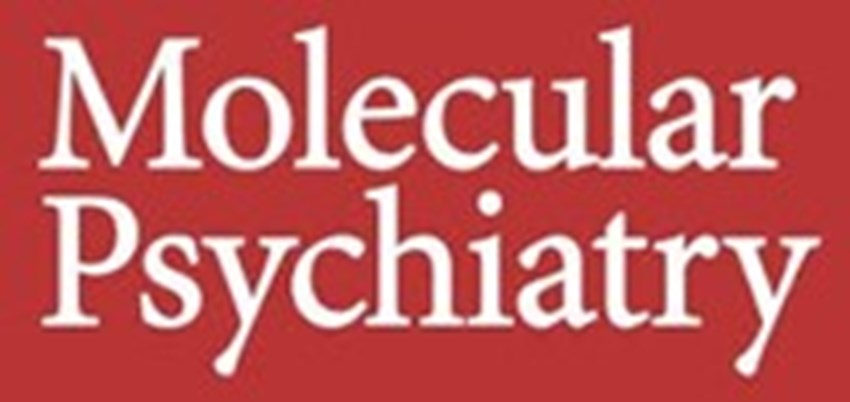No âmbito do projeto de investigação 427/14 - Gliogenesis control of brain neuroplasticity, neurophysiology and cognitive function, apoiado pela Fundação Bial e conduzido pela investigadora principal Luísa Pinto, da Escola de Medicina da Universidade do Minho, foi publicado o artigo Hippocampal cytogenesis abrogation impairs inter-regional communication between the hippocampus and prefrontal cortex and promotes the time-dependent manifestation of emotional and cognitive deficits na revista científica com alto factor de impacto Molecular Psychiatry.
“Impaired ability to generate new cells in the adult brain has been linked to deficits in multiple emotional and cognitive behavioral domains. However, the mechanisms by which abrogation of adult neural stem cells (NSCs) impacts on brain function remains controversial. We used a transgenic rat line, the GFAP-Tk, to selectively eliminate NSCs and assess repercussions on different behavioral domains. To assess the functional importance of newborn cells in specific developmental stages, two parallel experimental timeframes were adopted: a short- and a long-term timeline, 1 and 4 weeks after the abrogation protocol, respectively. We conducted in vivo electrophysiology to assess the effects of cytogenesis abrogation on the functional properties of the hippocampus and prefrontal cortex, and on their intercommunication. Adult brain cytogenesis abrogation promoted a time-specific installation of behavioral deficits. While the lack of newborn immature hippocampal neuronal and glial cells elicited a behavioral phenotype restricted to hyperanxiety and cognitive rigidity, specific abrogation of mature new neuronal and glial cells promoted the long-term manifestation of a more complex behavioral profile encompassing alterations in anxiety and hedonic behaviors, along with deficits in multiple cognitive modalities. More so, abrogation of 4 to 7-week-old cells resulted in impaired electrophysiological synchrony of neural theta oscillations between the dorsal hippocampus and the medial prefrontal cortex, which are likely to contribute to the described long-term cognitive alterations. Hence, this work provides insight on how newborn neurons and astrocytes display different functional roles throughout different maturation stages, and establishes common ground to reconcile contrasting results that have marked this field.”

































































































